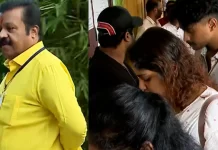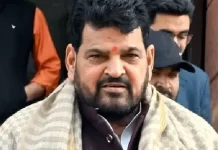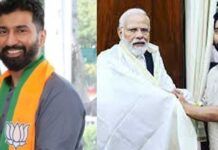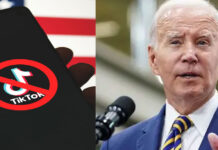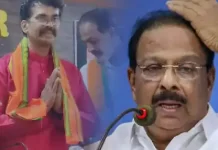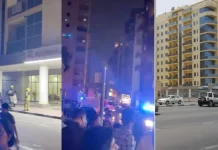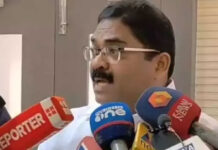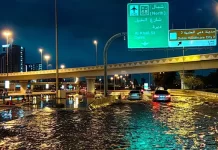The U.N. Security Council held emergency consultations Friday on Somalia’s worsening political crisis, which could threaten long-delayed national elections and further destabilize the east Africa region, reported AP. Britain’s U.N. Ambassador Barbara Woodward, who called for the closed briefing by U.N. special envoy James Swan, expressed serious concern about “the rising tensions between the prime minister and the president.”
The meeting followed President Mohamed Abdullahi Mohamed’s statement Thursday saying he suspended Prime Minister Mohammed Hussein Roble’s power to hire and fire officials, the latest action in their divisive relationship. Somalia has only begun to find its footing after three decades of chaos from warlords to al-Qaida affiliate al-Shabab and the emergence of an Islamic State-linked group, have ripped apart the country that only in the past few years has begun to find its footing. Woodward said the Security Council should keep up pressure to put the electoral process back on track and “to see the prime minister and the president resolve their differences quickly, to ensure the security, peace and stability Somalia needs.” President Mohamed had been under pressure since scheduled elections on Feb. 8 failed to take place because of the lack of agreement on how the vote should be carried out. Talks between the federal government and regional leaders that began in March broke down in early April.
The lower house of parliament then adopted a special law that extended the terms of current office holders for two years and abandoned the Sept. 17, 2020, agreement on indirect elections, reverting instead to a one-person, one-vote model at the President’s request. Those decisions sparked widespread opposition, leading to the mobilization of militias, exposing divisions within Somali security forces, and resulting in violent clashes on April 25.




